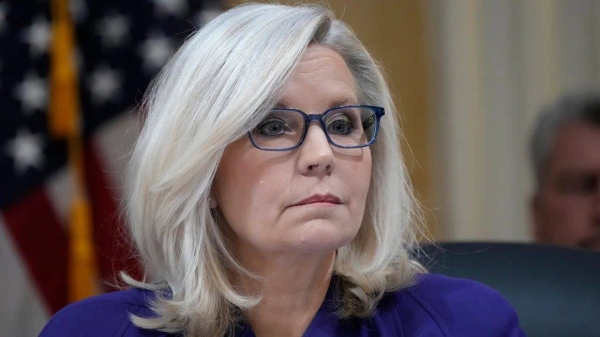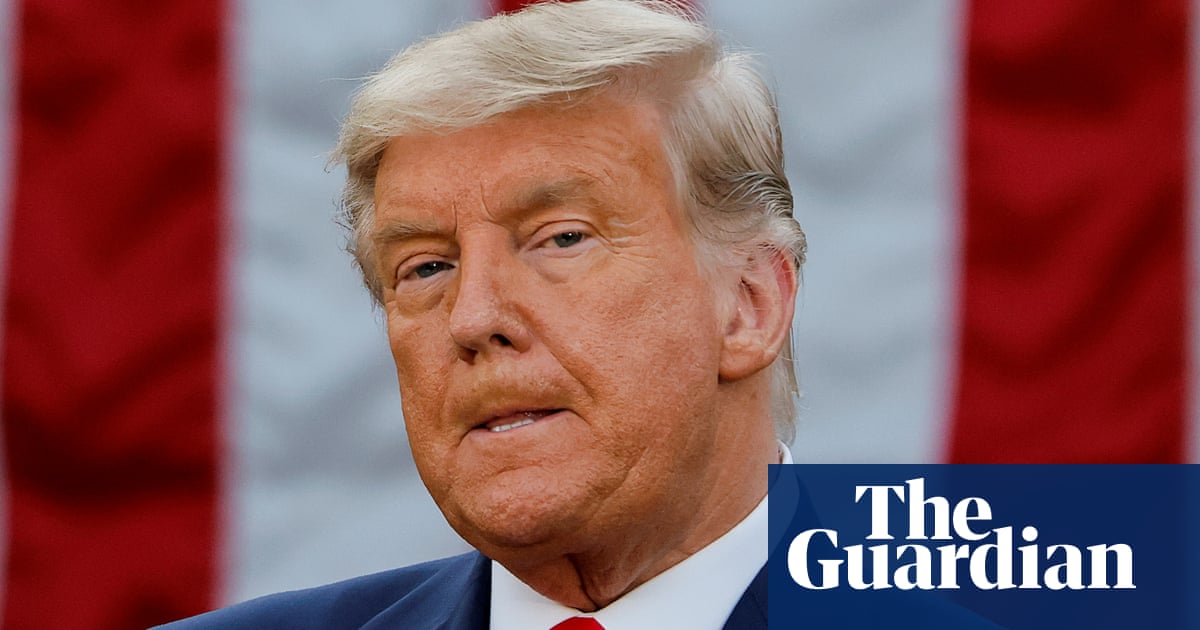
Updated 30 July 2018
AFP
July 30, 2018 16:41
74
[Privacy Badger has replaced this AddThis button.]
Trump praises Italy"s new premier for his handling of immigration issues, saying other European countries should follow Italy"s lead
Conte thanks Trump for his ‘warm hospitality’, Trump tells him ‘you’ll always be treated warmly’
WASHINGTON: US President Donald Trump hosted Italian Prime Minister Giuseppe Conte at the White House Monday, welcoming to a European populist with like-minded views on immigration and trade.
The visit began with a handshake and a smile from Conte at the West Wing portico.
Trump said in the Oval Office that it was a “great honor” to host Conte, and praised the Italian leader for doing a “fantastic job,” noting they met and became friendly at the recent G7 summit in Canada.
The two leaders were scheduled to hold a one-on-one Oval Office meeting and more extensive bilateral discussions before facing the media at 2:00 p.m. (1800 GMT).
Conte has “taken a very firm stance” on immigration, said Trump, who has pursued a “zero tolerance” policy at the US border, a crackdown that led to hundreds of children being separated from parents who crossed into the country from Mexico without papers.
Conte was chosen to lead the Italian government by the leaders of parties that won elections in March: the euro-skeptic Five Star Movement and the far-right League party.
The Italian press has suggested the White House meeting will serve to boost Conte, who is often overshadowed by his deputy prime ministers and those parties’ exuberant leaders: Matteo Salvini of the League party, and Luigi Di Maio of the Five Star Movement.
Salvini however stole some of the attention Sunday by posting a controversial message on Facebook — “many enemies, much honor” — that echoed a well-known saying by Fascist dictator Benito Mussolini on the anniversary of the latter’s birthday.
Conte is on a drive to reform European Union regulations that say asylum requests should be the responsibility of a single member country, usually the one where the refugee first arrived.
Italy argues that the law places an unfair burden on countries that border the Mediterranean, and its new populist government has stepped up pressure on other EU countries to share responsibility for arriving refugees.
It has closed Italy’s ports to migrants and turned back several ships carrying refugees rescued at sea, threatening the future of those operations.
Both Trump and Conte also favor better relations with Russia.
Already deeply at odds with US allies on trade, the environment and Iran, the US leader opened another front in Canada by calling for Russia to be brought back into G7 meetings, ending its isolation over its 2014 annexation of Crimea.
“I think it would be good for Russia, I think it would be good for the United States, I think it would be good for all of the countries of the current G7,” Trump said.
Conte, who was making his international debut at the Group of Seven talks, said he agreed with Trump, setting himself apart from his European colleagues.
The two men also share the same skepticism when it comes to free trade: Trump has blasted several international pacts such as NAFTA and the Trans-Pacific Partnership (TPP), while Conte refused to ratify the CETA free trade agreement between the EU and Canada.
But according to Nick Ottens of the Atlantic Council, Trump “may not find the ally he expects” in Conte.
On trade, the new Italian government’s skepticism of multinational agreements could complicate Trump’s desire to see all EU customs tariffs eliminated, according to Ottens.
Meanwhile, in the defense realm, Italy has said it has no chance of reaching the target spending of two percent of GDP — let alone Trump’s stated goal at the latest NATO summit of four percent.
In early July, Italy’s defense minister Elisabetta Trenta announced a freeze on purchasing F-35 fighter aircraft, of which the US is the primary contractor.
Italy’s participation in NATO operations in Afghanistan, Iraq and Syria will be on both leaders’ agendas, along with Italy’s diplomatic efforts in Libya.
But a certain point of disagreement will be Trump’s standoff with Iran — and the sanctions that hurt Italian-Iranian commercial relations.












